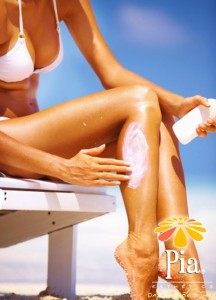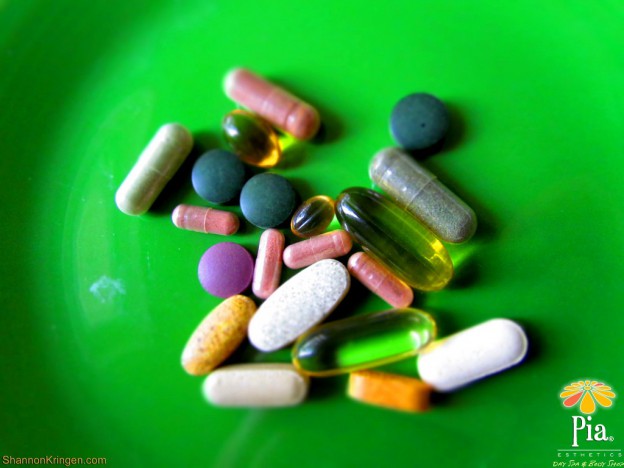Demystifying Skin Care: Top 10 Myths Uncovered

In the realm of skin care, myths and misconceptions abound, leading to confusion about what truly benefits our skin. Pia Esthetics Day Spa sheds light on these common myths, providing clarity and truth to help you make informed decisions about your skin care routine. Let's dive into the facts behind the most prevalent skin care myths.
1. Cucumbers and Puffy Eyes: A Temporary Fix
The belief that cucumbers reduce puffiness around the eyes is partly true; cucumbers can hydrate the skin due to their high water content. However, the effect is temporary, similar to that of a cold compress.
2. Facial Exercises: More Wrinkles, Less Youth
Contrary to the idea that facial exercises can tone muscles for a younger appearance, these movements actually contribute to the formation of more lines and wrinkles, especially around the eyes and mouth.
3. Vitamin E and Scarring: No Proven Benefits
While Vitamin E is known for its antioxidant properties and skin regeneration support, scientific evidence does not support its effectiveness in minimizing scarring.
4. Pores: They Don't Open and Close
The concept of pores opening and closing is a myth. Pores can expand under certain conditions, like exposure to steam, but they do not close. They can, however, become clogged.
5. SPF Misconceptions: Higher Isn't Always Better
A higher SPF does not significantly increase protection. For example, SPF 30 offers only 2% more protection than SPF 15. It's crucial to choose sun protection wisely and reapply regularly.
6. Layering SPF: No Cumulative Protection
Using multiple SPF products does not add up to higher protection. The highest SPF product determines the level of protection, underscoring the importance of reapplication.
7. Collagen Creams: Surface-Level Hydration Only
Topical creams containing collagen or elastin do not penetrate the skin's dermis to replace lost collagen. Only collagen injections have been scientifically proven to be effective.
8. Mineral Oil: Misunderstood Skin Care Hero
Cosmeceutical mineral oils are effective in removing excess oil without harming the skin or clogging pores, debunking the myth that all mineral oils are bad for your skin.
9. Comedogenic Concerns: The Truth About Mineral Oil
High-quality, cosmeceutical-grade mineral oils are non-comedogenic, contrary to the myth that they clog pores. These oils are formulated to meet strict safety standards.
10. Preservatives in Skin Care: Essential for Safety
Preservatives prevent bacterial and fungal growth in products, making them essential for safety. Concerns about parabens lack sufficient research to deem topical application harmful.
Stay informed and skeptical of widespread myths to ensure your skin care practices are based on facts, not fiction. Keep an eye out for more myth-busting insights from Pia Esthetics Day Spa, and remember, understanding the truth is the first step to effective skin care.
For more insights and tips on skin care, visit Pia Esthetics Day Spa's Blog.

